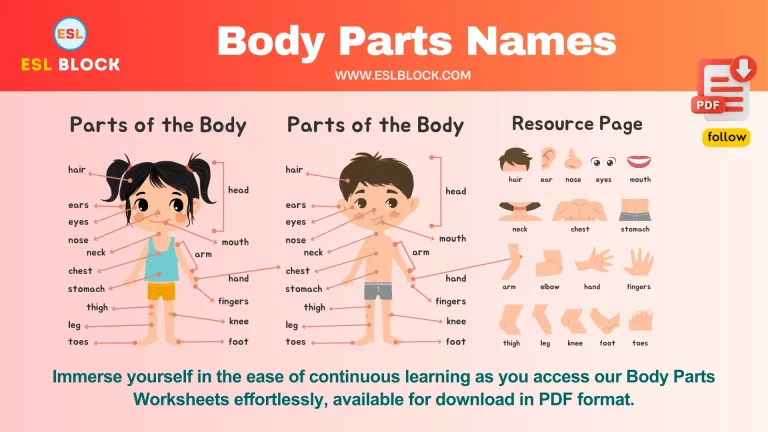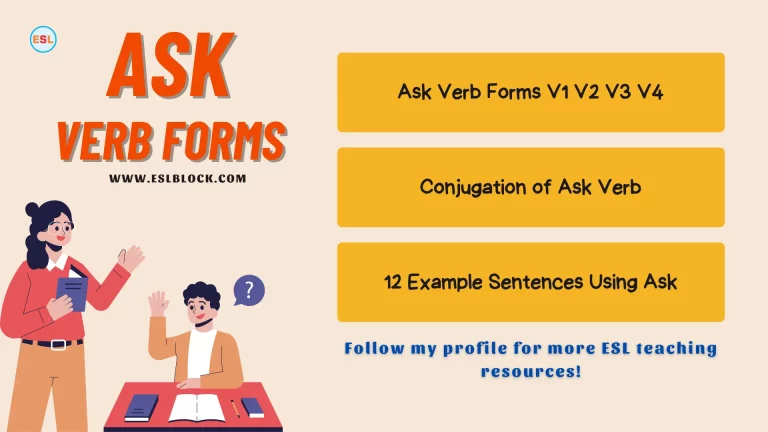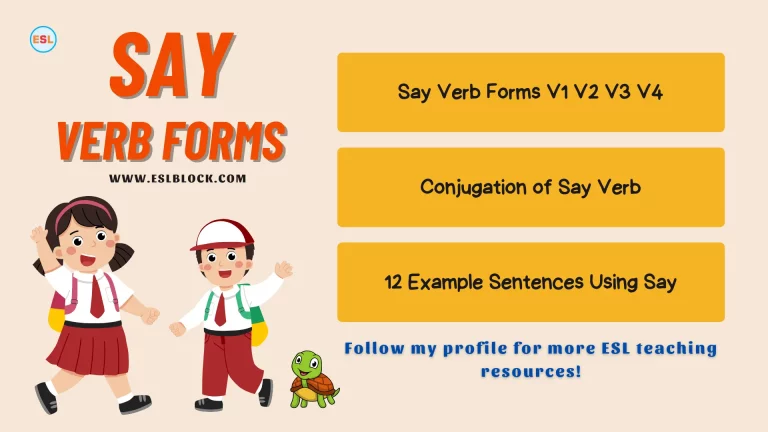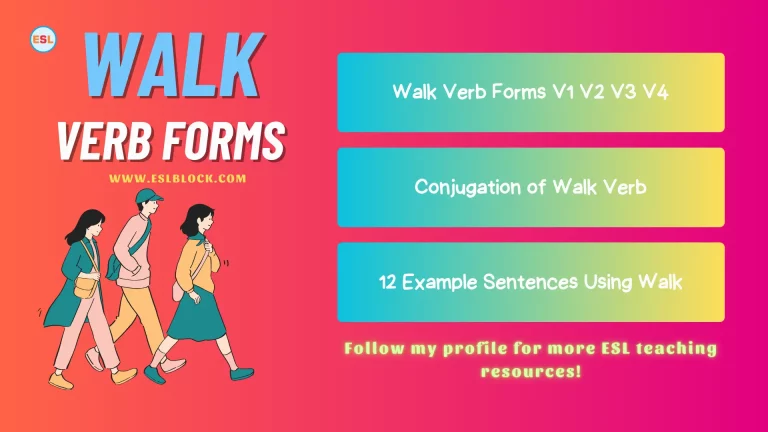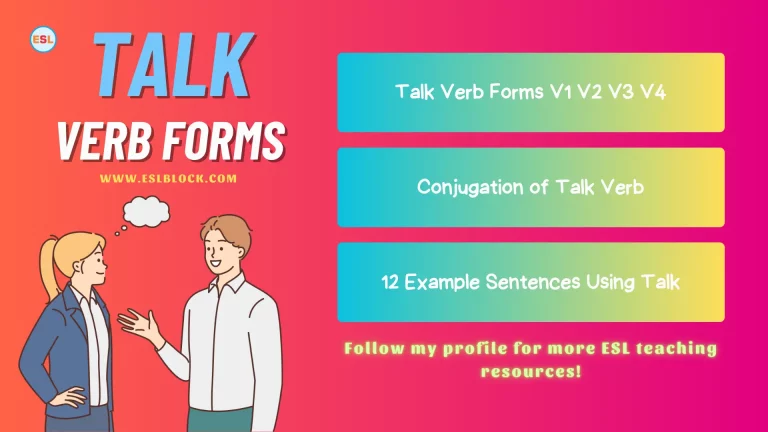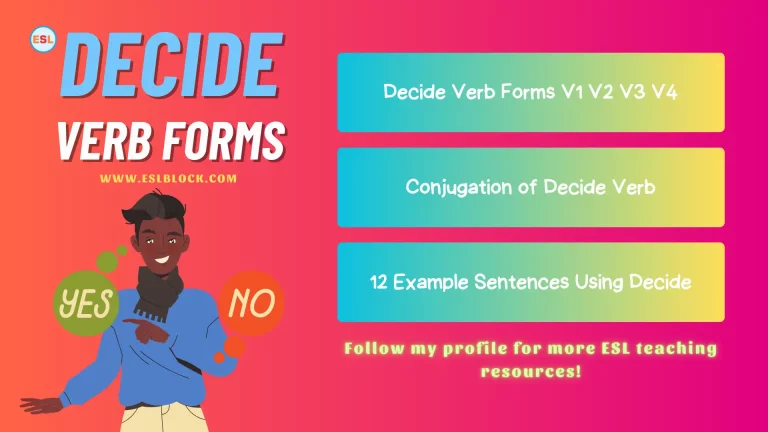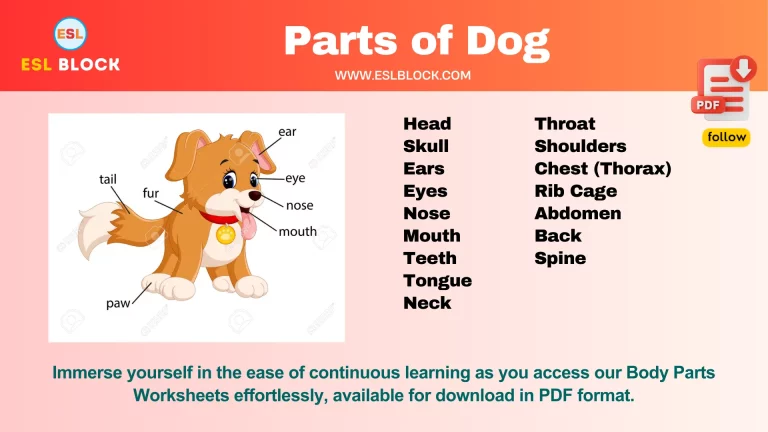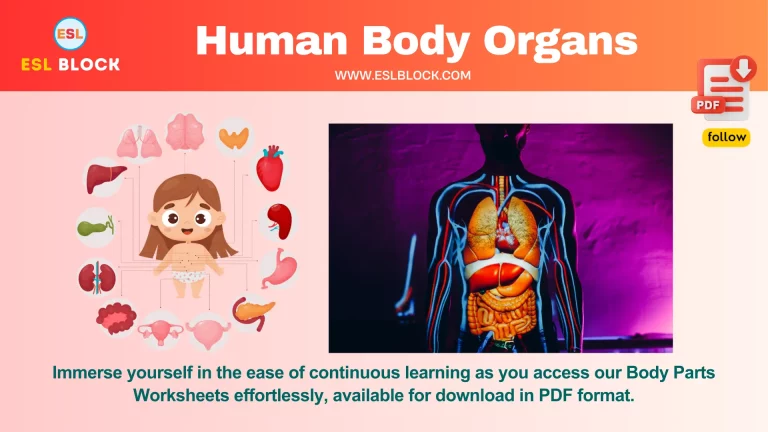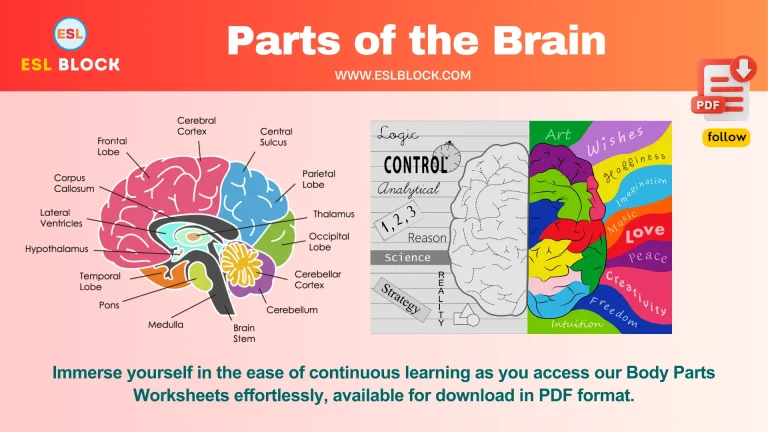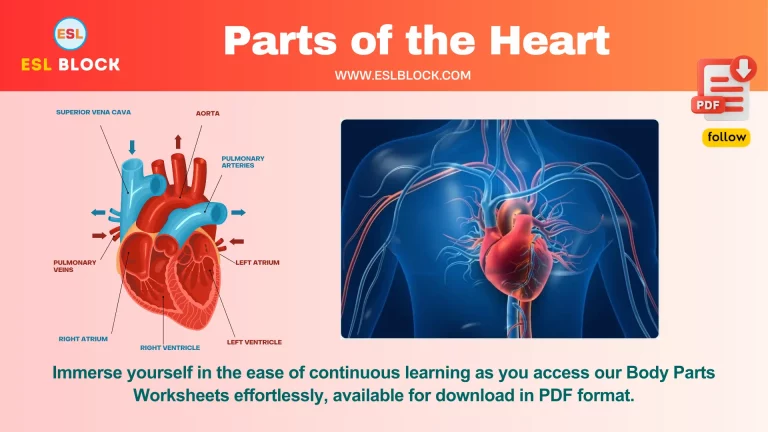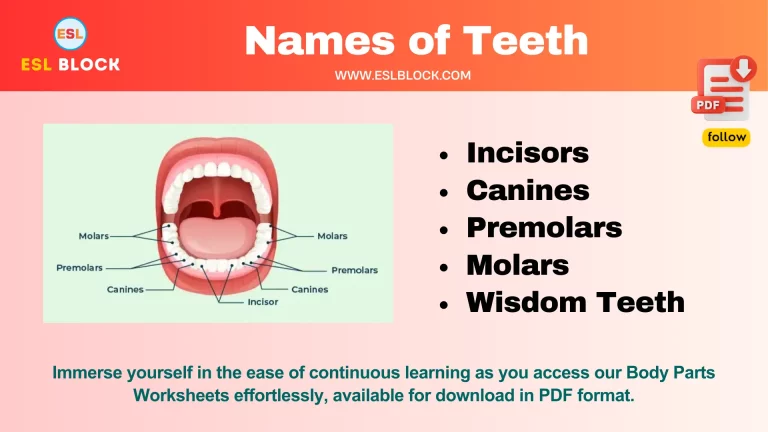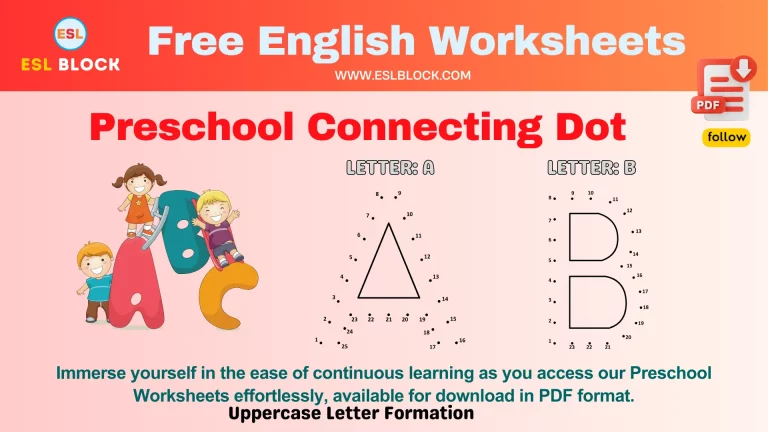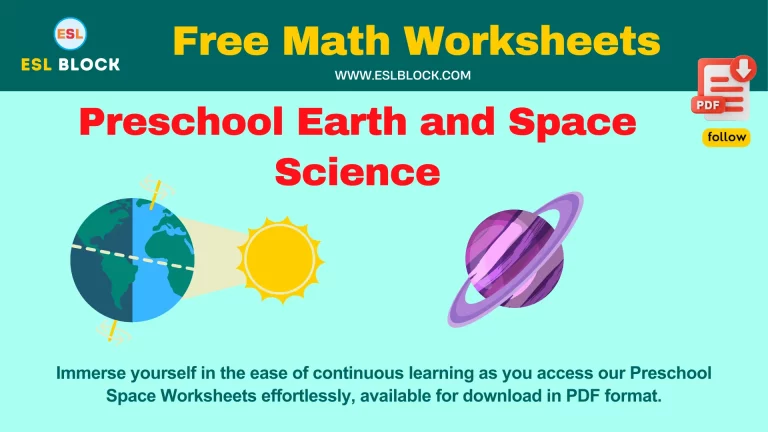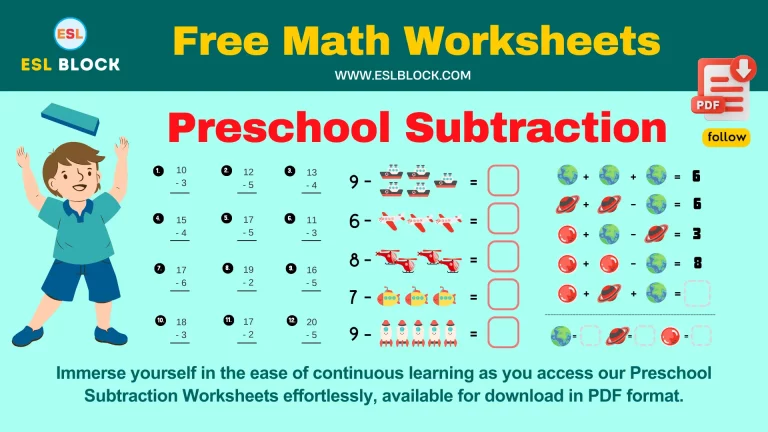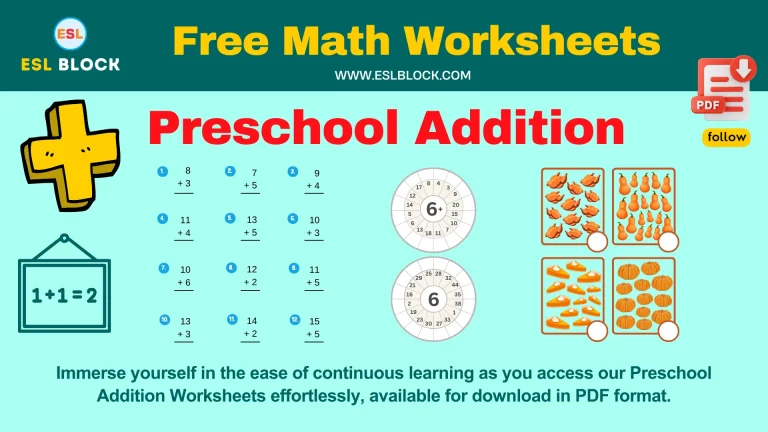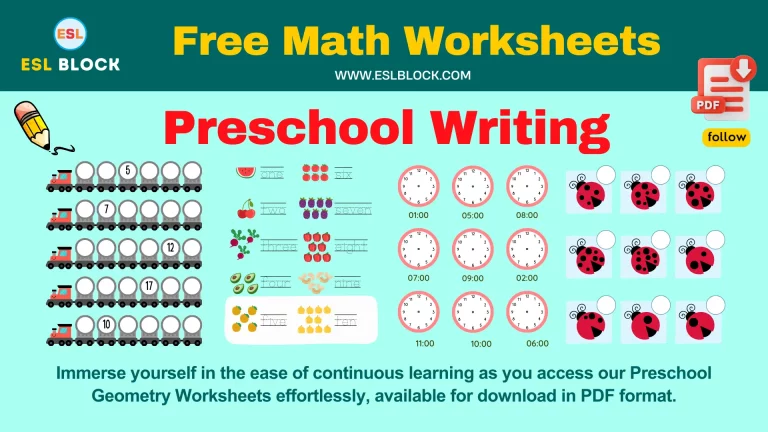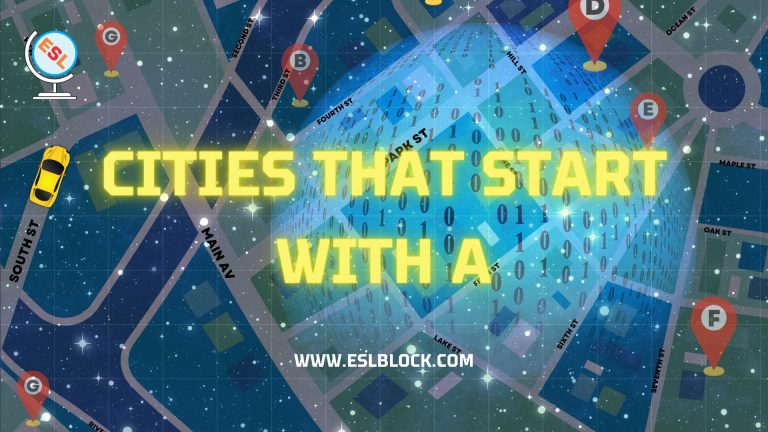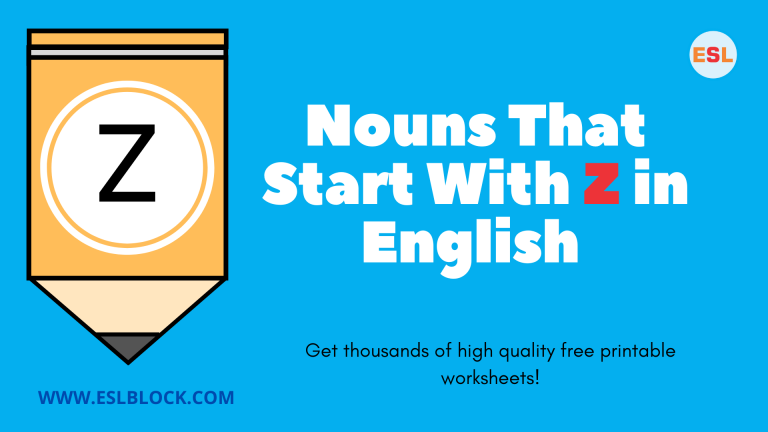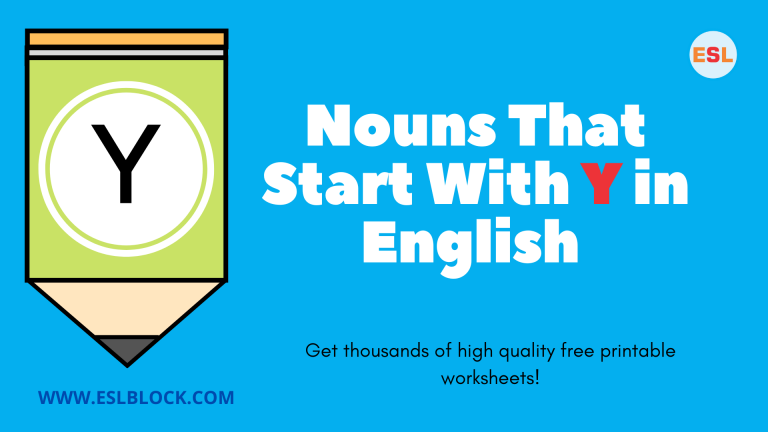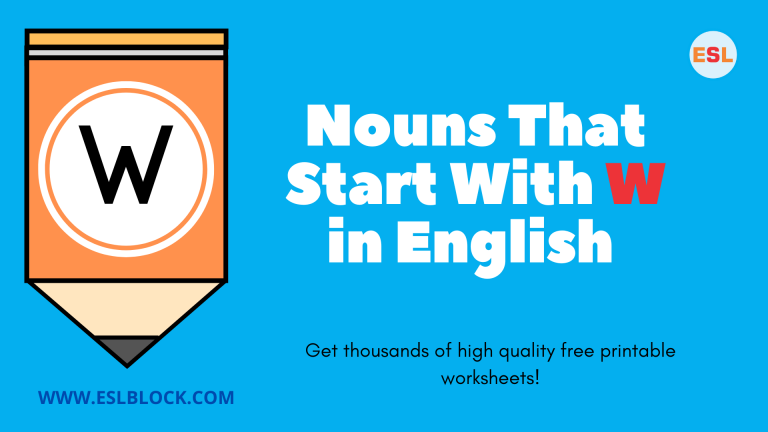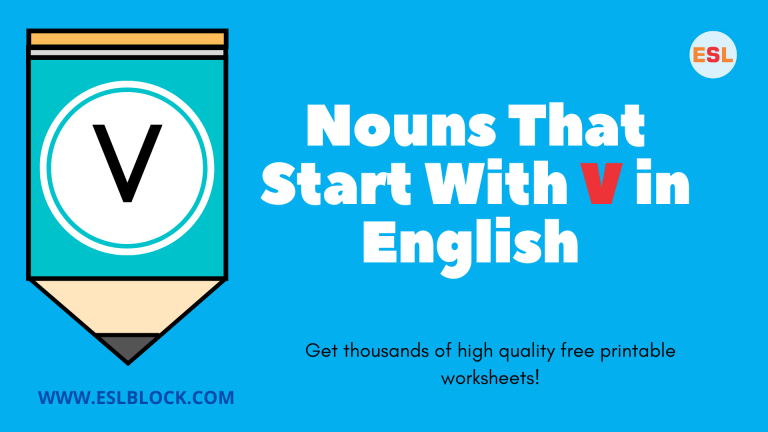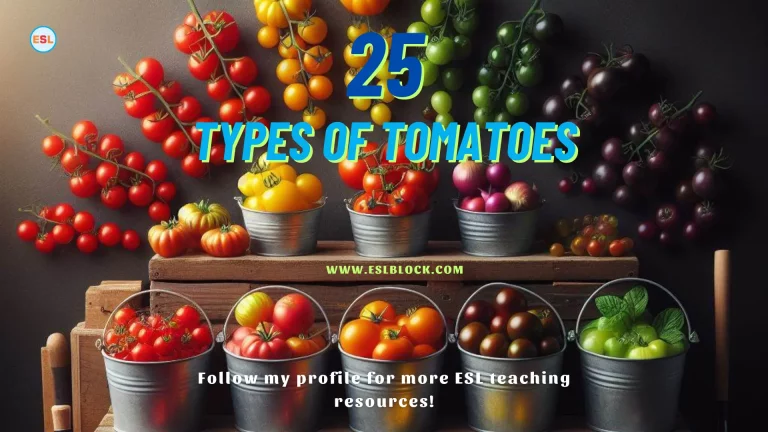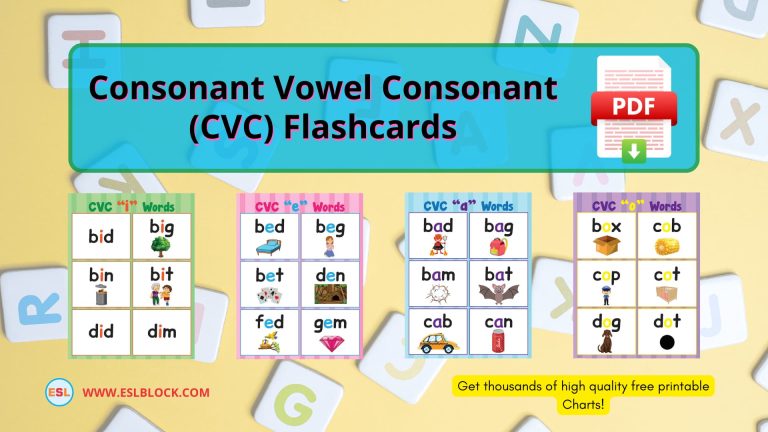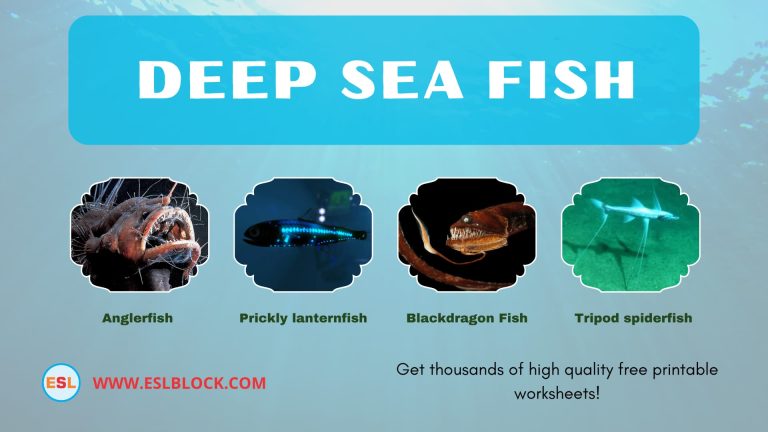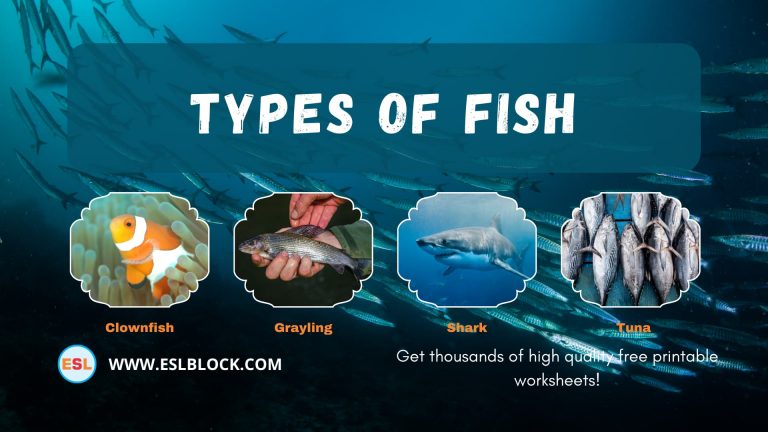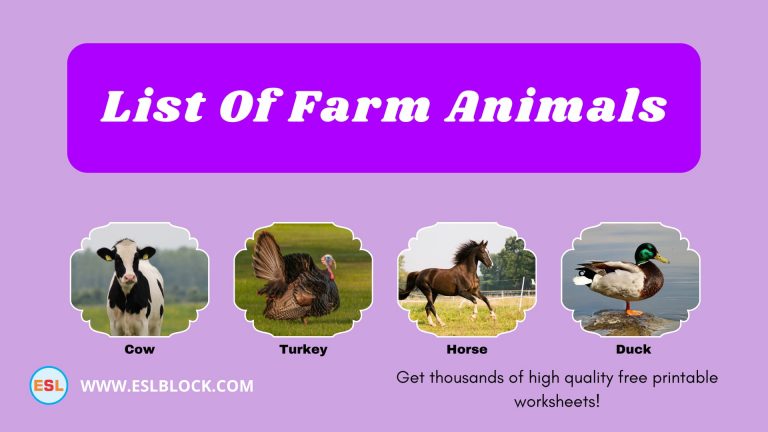Home
![]()
[wonderplugin_slider id=1]
English as a Second Language (ESL) refers to the use or study of the English language by non-native speakers in an English-speaking environment. It includes the study of grammar, vocabulary, sentence structure, and other aspects of the English language.
ESL learners can improve their language skills by being consistent, persistent, and being exposed to authentic English as much as possible.
ESL students come from a wide variety of backgrounds and may have different reasons for learning English, such as academic or professional advancement, or simply for personal growth.
Being equipped with the proper knowledge on how to begin learning English as a Second Language (ESL) student is crucial. There is a vast distinction between having a basic comprehension of the language and achieving fluency. If you aspire to become proficient in English but are uncertain of where to begin, this post is tailored for you. We will be outlining seven steps to commence your journey of learning English.
- Start with the basics: Learn the alphabet, basic grammar, and common words and phrases.
- Immerse yourself in the language: Surround yourself with English by watching TV shows, listening to music, and reading books in English.
- Practice speaking and listening: Find a language exchange partner or take a class to practice speaking and listening in a real-life setting.
- Learn new vocabulary: Study new words and phrases regularly and try to use them in conversations.
- Study grammar rules: Understand the rules of grammar and sentence structure to improve your writing and speaking skills.
- Read, read, read: Reading in English will help you to improve your vocabulary, grammar, and comprehension skills.
- Be patient and persistent: Learning a new language takes time and effort, so don’t get discouraged and keep practicing!
Learning English takes effort and it is an ongoing process, even in your native language there are words and expressions you may not know. If you forget something, don’t get frustrated, just refer back to your notes and continue learning.
Lastly, and perhaps most importantly, it is crucial to remember that no one is born knowing everything. Learning English requires effort, time and energy but with practice, dedication and desire to learn, you can achieve fluency and enjoy activities such as watching movies and having conversations in English without difficulty.
Resources for English as a Second Language Learners
There are various methods to learn English such as listening to native speakers, having day to day conversations, and written exercises. We have a variety of resources and materials to assist in understanding the language better. Our editors have compiled a selection of the best articles for learning English as a second language.
Reading these articles and absorbing the information will make learning English easier. The articles are designed to be easily understood and if our editors suggest them, they are considered ideal for learning.
English Grammar
Learning English grammar can be overwhelming because of its complex rules. It is important to take things step by step, focus on one rule at a time, read, practice and memorize.
Every language has its own grammar system, which includes syntax, phonetics and semantics, but once you have a handle on it, it becomes easy to understand.
We have articles to help you learn grammar in an easy to understand format. Remember that without a good knowledge of grammar, it is impossible to fully understand the language.
Learning common phrases is good but to have a deeper understanding of the language, learning grammar is a must.
Body Parts Names: English as a Second Language
Ask Verb Forms – Ask Past Tense, Ask Present Tense, Ask Future Tense
Say Verb Forms – Say Past Tense, Say Present Tense, Say Future Tense
Walk Verb Forms – Walk Past Tense, Walk Present Tense, Walk Future Tense
Talk Verb Forms – Talk Past Tense, Talk Present Tense, Talk Future Tense
Decide Verb Forms – Decide Past Tense, Decide Present Tense, Decide Future Tense
English Vocabulary
Learning English vocabulary is essential to become a fluent speaker of the English language. Similar to your native language, you start with a basic vocabulary and over time, add new words and phrases to it, to reach a more fluent speaking ability.
English has hundreds of thousands of words, it may seem daunting to remember all of them, but it is manageable by focusing on common phrases used in daily conversations and prioritizing vocabulary that will be most beneficial to your learning experience. Use these resources to expand your English vocabulary.
Parts of a Dog Vocabulary
Human Body Organs: Internal Body Parts Vocabulary
Parts of Brain: A Comprehensive Brain Vocabulary
Parts of the Heart: A Comprehensive Heart Glossary
Bone Names of the Human Skeleton
Names of Teeth in English with Pictures
Free Worksheets
If you’re looking for a way to supplement your child’s education at home or in the classroom, we have just what you need. We have a wide range of free worksheets for kindergarten, and class 1 to 12, available for download in pdf format.
Free Worksheets cover a variety of topics including English grammar, vocabulary, reading, writing, and more. Whether you’re looking for extra practice for your child or need something to keep them busy during long car rides, our worksheets are a great resource.
Free Worksheets are easy to use, and can be downloaded and printed out in just a few minutes. With our worksheets, you can give your child a head start on their education and help them reach their full potential.
Preschool Connecting Dot – English Worksheets
Preschool Alphabet – English Worksheets
Preschool Earth and Space Science – Math Worksheets
Preschool Subtraction – Math Worksheets
Preschool Addition – Math Worksheets
Preschool Writing – Math Worksheets
Online Quizzes
If you’re looking to improve your English as a second language skills, we have a great resource for you. We offer a wide range of online quizzes for English as a second language learners, including grammar quizzes, quizzes on tenses, sentence types, active and passive voice, and parts of speech.
- Types of Adverbs Quiz
- Rules for Using Pronouns Quiz
- Interjections Online Quizzes
- Subordinating Conjunctions Online Quizzes
- Correlative Conjunctions Online Quizzes
- Coordinating Conjunctions Online Quizzes
- Definite and indefinite articles
- Active & Passive Quiz
- Sentence Types Quiz
- Sentence Structures Quiz
These quizzes are designed to help you test your knowledge and identify areas where you need to improve. They are interactive and easy to use, and can be accessed from any device with an internet connection.
Whether you’re a beginner or an advanced learner, our quizzes will help you take your English skills to the next level. They are a great way to supplement your learning and to track your progress as you improve.
Visual Dictionary
Visual dictionaries are an incredibly useful tool for English as a second language learners. They provide a visual representation of words and phrases, which can make them easier to understand and remember.
This can be especially helpful for learners who are still developing their reading and writing skills, as the images provide a way to connect the word to its meaning.
Overall, visual dictionaries can be a valuable resource for ESL learners, helping them to improve their vocabulary, comprehension and overall fluency in the language.
Cities That Start With A
Nouns That Start With Z
Nouns That Start With Y
Nouns That Start With X
Nouns That Start With W
Nouns That Start With V
English Words
English has more words than any other language, with Russian having 20,000 less words. This may seem daunting, but English words tend to fall into certain categories which makes it easier to learn them.
Choosing the appropriate word type, such as adjectives, nouns, verbs, adverbs, pronouns, conjunctions etc. is crucial for effective communication in English. Although the task of learning different word types may seem daunting, understanding which words fall into which category will greatly improve your English language skills.
Learning English words not only improves fluency and naturalness when speaking the language, but it is also essential to know the types of words to form sentences properly.
The structure of a sentence is composed of various word types, and understanding this structure will make it easier to form sentences and choose the correct words.
Learning words from A to Z in a dictionary is not efficient for fluency, the best way to learn is by understanding the different word classes and their uses, which will also aid in understanding English grammar.
25 Popular Types of Tomato – ESL Vocabulary
25 Chili Pepper Types With Scoville Heat
Vegetables That Start With Z
Vegetables That Start With Y
Vegetables That Start With X
Vegetables That Start With W
English As A Second Language Blogs
Welcome to our blog section dedicated to English as a second language (ESL) learners! Here, you will find a wealth of information on how to learn English, tips and tricks to improve your language skills, and much more.
Whether you’re a beginner just starting out on your English learning journey, or an advanced learner looking to take your skills to the next level, we have something for everyone. Our team of experts has crafted a wide range of blog posts that cover everything from the basics of English grammar to more advanced topics such as idiomatic expressions and academic writing.
So, whether you’re looking for advice on how to improve your listening skills, or tips on how to build your vocabulary, our blog is the perfect place to start.

